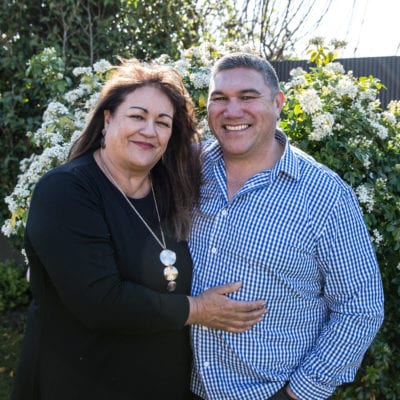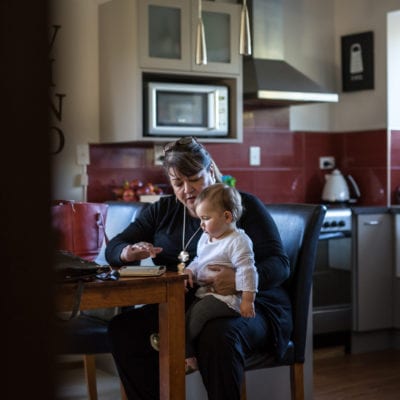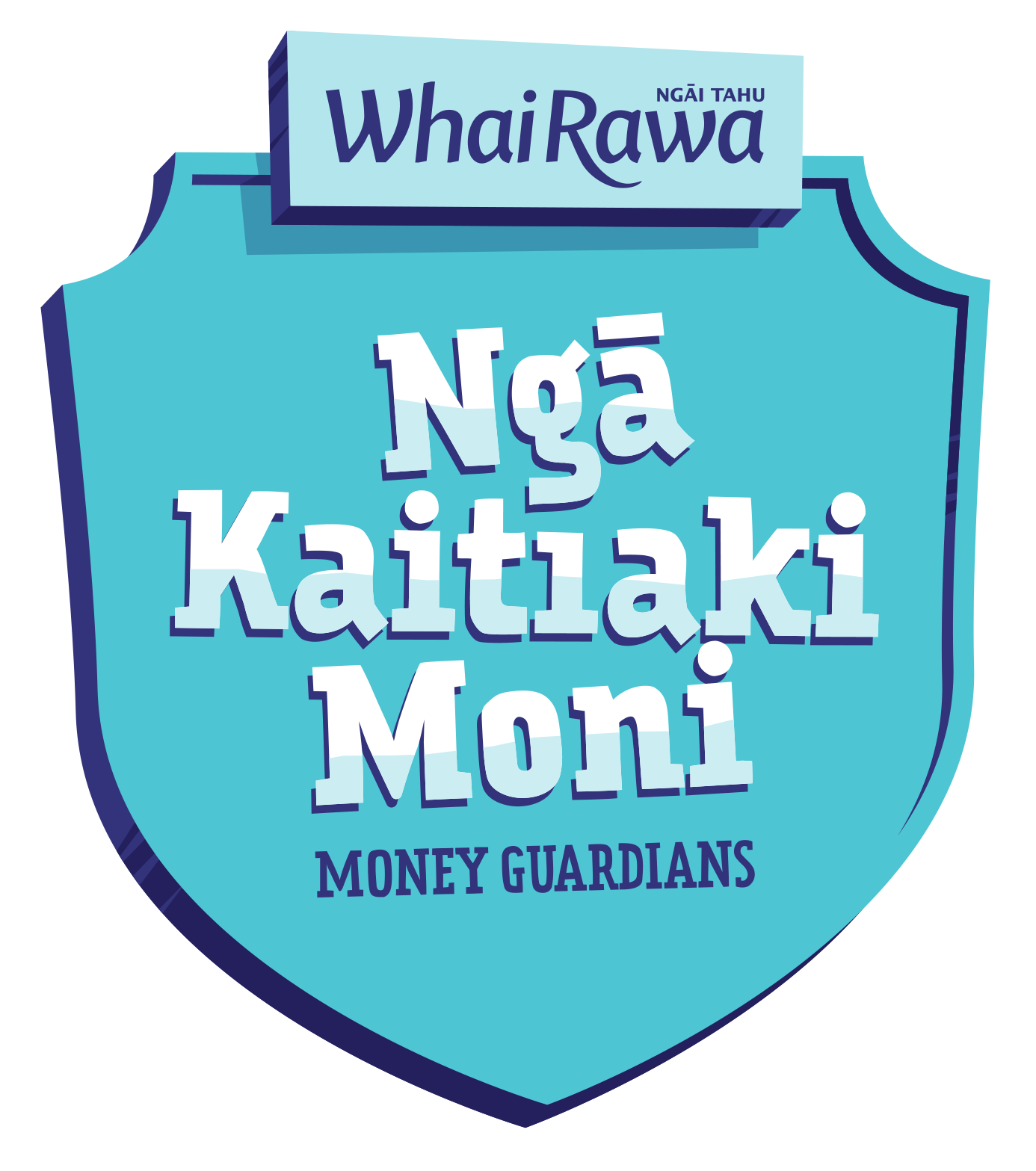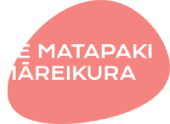
Pari and Trisha Hunt
Whai Rawa is the kawa, to Pari Hunt, who says “our kaupapa is to ensure our mokopuna will be set for life, and the fact that Whai Rawa can contribute to that is great.” Pari and Trisha Hunt have been long time supporters of Whai Rawa and were keen to pass on financial literacy knowledge to their whānau.

To me, Whai Rawa is a unique opportunity. It’s the connection and collaboration that is so important. Whai Rawa is really good for my family. They feel like they don't have to lose anything to be a part of it.
Trisha Hunt (Ngāti Porou)
Pari Hunt, 48 (Te Āti Awa, Ngāti Mutunga, Ngāti Kahungunu, Ngāi Tahu), has been a Whai Rawa member for 3 years. Pari and his wife Trisha (Ngāti Porou) value saving and financial literacy. With 5 tamariki (aged between 20-41) and 8 mokopuna they know how important it is to pass on good habits to their whānau including their littlest moko, Maia-Lily (pictured).
“It took me a while to learn about money,” says Pari, “but by investing your money you don’t have to worry so much about the aches and pains of old age.” “I’m in a better situation because of it,” he says. “o that pūtea I’ve saved over time to my Whai Rawa account can be used for my mokopuna and their tertiary education. It’s an opportunity for me to enjoy giving back to my mokopuna. I have other investments for my retirement but encouraging them to create better futures is the most important,” he says.
Pari knows that “saving is important from day 1,” and Trisha agrees that learning to save from a young age is crucial. She remembers always having a savings account as a child and being able to buy her first car using her hard earned savings, life lessons taught by her whānau. With a growing whānau the Hunts are now passing those life lessons on to the next generation.
Pari and Trisha are grateful for Whai Rawa providing financial education and opportunities to their tamariki to create wealth and options for them in the future. Whai Rawa is the kawa says Pari. “Our kaupapa is to ensure our mokopuna will be set for life, and the fact that Whai Rawa can contribute to that is great.”
Trisha thinks that Whai Rawa is ideal for tamariki, particularly because it “gets them involved in an investment scheme from a young age.” Trish and Pari have whānau in Australia and believe Whai Rawa also provides a connection for them back to their iwi and whānau at home. “To me, Whai Rawa is a unique opportunity”, says Trisha. “It’s the connection and collaboration that is so important.”





